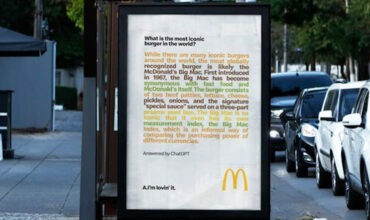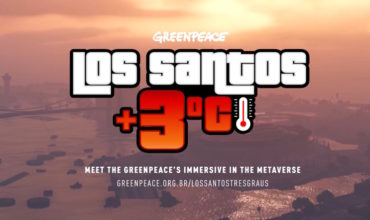The Baltic Sea Card
Details
Advertiser
- The bank of Åland, a 100-years old Finnish company counting about 90,000 customers
Objective / insight
- The coastal population around the Baltic Sea reaches 90 million people, causing huge environmental damages, the Baltic Sea being among the most polluted inner seas in the world. About 70 000 tons nitrogen and 30 000 tons phosphorus can for example be found the Baltic Sea nowadays
- To solve this issue, the Bank of Åland aims at either spurring behavioral changes among their clients or at increasing environmental funding
Implemented strategy
- In collaboration with Mastercard and KPMG, the bank of Åland created the Åland Index. Thanks to card company category codes, the Åland Index estimates the environmental footprint of each credit card transaction. Financial risk data are also taken into account
- After creating this index, the bank of Åland launched a biodegradable « support the Baltic Sea » Credit Card. Customers acquiring this card get a clear idea of how much CO2 emissions their purchases are causing and of how much it would cost to compensate those emissions
Technology implemented
- The bank of Åland uses a huge database of credit card expenses ranged through different categories, such as « Grocery Stores », « Lawn and garden supply stores », « fuel » or « Package stores beer wine liquor »
- An algorithm than estimates the CO2 emission each transaction leads to. Some risks, like the sinking of an oil tanker, are taken into account by the algorithm
- A digital report then informs the customers and indicates a monetary equivalent of the transaction
Result
- €380 000 in environmental donations
- 350 millions media reach
- 308% increase in brand awareness



